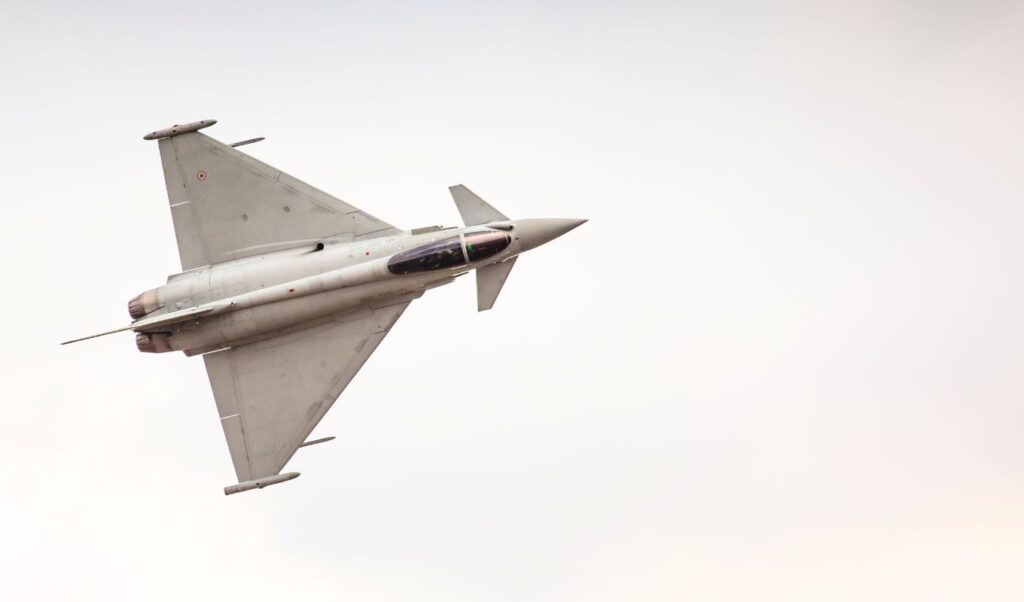Concern prevails within NATO following successive provocations by Russia, when on Friday (19/09) three Russian MiG-31 fighter jets violated Estonia’s airspace for twelve minutes in the area of Vaindloo island in the Baltic. Moreover, Polish border guards later reported another provocation in the Baltic Sea, stating that Russian military aircraft violated the security zone of Petrobaltic’s drilling platform. It should be noted that these Russian military pressures come just days after the detected intrusion of 20 Russian drones into Poland, amid escalating tensions between Moscow and European nations.
NATO: “New example of dangerous Russian behavior”
The Estonian Ministry of Defense announced that the fighter jets flew without a flight plan, with transponders turned off, and without the possibility of communication with Tallinn’s control tower, according to Le Monde’s analysis. As stated in the article, Estonia, which lacks its own air force, relies exclusively on NATO’s air policing. During Friday’s incident, Italian F-35s participating in the NATO Baltic Air Policing mission immediately took off for interception. “We must respond with stricter border controls and political and economic pressure against Russia,” said Foreign Minister Margus Tsahkna, condemning what he called the fifth violation by Russian aircraft in 2025. Meanwhile, the North Atlantic Alliance characterized the incident as a “new example of dangerous Russian behavior.”
At the same time, military analysts remind us that Russian aircraft flights in the region are frequent due to the narrow air corridor between St. Petersburg and Kaliningrad. However, the lack of professionalism or deliberate provocation creates uncertainty and increases the risk of accidents or escalation. Estonia and Poland have already requested an emergency meeting under NATO’s Article 4, which provides for consultations in case of threats against member states. The request demonstrates Baltic countries’ concerns about the Alliance’s operational capabilities in air defense, where needs are increasing but resources remain limited.
Analysts: Russian provocations send message of power
However, Moscow denied the violation, claiming there was no entry into Estonian airspace. Despite Russian denials, tensions remain high. Experts believe such incidents serve as a message of power and a test of NATO’s resilience, during a period when Ukraine continues to be at the center of the war. Estonia and other Baltic countries, without strong air defenses of their own, seek greater ally involvement, believing Russia’s moves are not limited to Ukraine but target Eastern Europe’s overall security. It should be noted that the incident coincided with large-scale exercises. Russia completed its four-year “Zapad” exercise in Belarus on September 16, involving 15,000 troops, simulation of tactical nuclear weapons use, and participation of forces from Iran, Mali, Burkina Faso, and for the first time, a small Indian contingent. India’s participation was considered particularly symbolic, as it had maintained a neutral stance toward the war until now. Simultaneously, NATO is preparing for the “Neptune Strike” exercise in the Baltic and North Sea, with participation from Scandinavian and German naval forces and the presence of the American aircraft carrier USS Gerald Ford.




